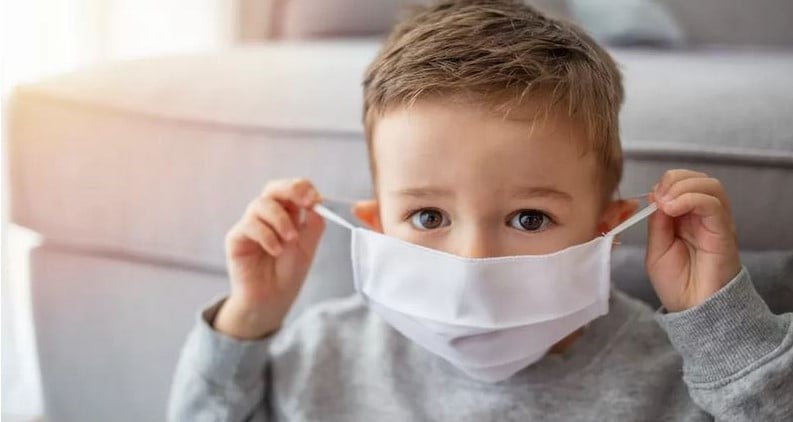Search
Showing results for "Au"
Research
Overlapping Streptococcus pyogenes and Streptococcus dysgalactiae subspecies equisimilis household transmission and mobile genetic element exchangeStreptococcus dysgalactiae subspecies equisimilis and Streptococcus pyogenes share skin and throat niches with extensive genomic homology and horizontal gene transfer possibly underlying shared disease phenotypes.
News & Events
Toddler TalkA child's ability to communicate is one of their most important developmental achievements. It builds a foundation for everything that is to come.
Research
The role of Kingella kingae in pre-school aged children with bone and joint infectionsThe Pre-school Osteoarticular Infection (POI) study aimed to describe the burden of disease, epidemiology, microbiology and treatment of acute osteoarticular infections (OAI) and the role of Kingella kingae in these infections.

News & Events
Stan & Jean Perron Awards supporting outstanding child health researchersWe are pleased to announce latest recipients of the Stan and Jean Perron Awards, that recognise the work of exceptional postgraduate students who are undertaking their research projects at The Kids Research Institute Australia.

Investigating the physical impact of Long COVID on ORIGINS families
Research
Australian Aboriginal Otitis-Prone Children Produce High-Quality Serum IgG to Putative Nontypeable Haemophilus influenzae Vaccine Antigens at Lower Titres Compared to Non-Aboriginal ChildrenNontypeable Haemophilus influenzae (NTHi) is the most common bacterial otopathogen associated with otitis media (OM). NTHi persists in biofilms within the middle ears of children with chronic and recurrent OM. Australian Aboriginal children suffer exceptionally high rates of chronic and recurrent OM compared to non-Aboriginal children.
Research
Infectious complications and optimising infection prevention for children with cochlear implantsTo describe the clinical epidemiology of children receiving cochlear implants, as well as the management and outcomes of cochlear implant infections and adherence to infection prevention measures.
Research
Pneumococcal carriage, serotype distribution, and antimicrobial susceptibility in Papua New Guinean children vaccinated with PCV10 or PCV13 in a head-to-head trialChildren in Papua New Guinea (PNG) are at high risk of pneumococcal infections. We investigated pneumococcal carriage rates, serotype distribution, and antimicrobial susceptibility in PNG children after vaccination with 10-valent or 13-valent pneumococcal conjugate vaccines (PCV10; PCV13).
Research
Otitis media at 6-monthly assessments of Australian First Nations children between ages 12–36 months: Findings from two randomised controlled trials of combined pneumococcal conjugate vaccinesIn remote communities of northern Australia, First Nations children with hearing loss are disproportionately at risk of poor school readiness and performance compared to their peers with no hearing loss. The aim of this trial is to prevent early childhood persisting otitis media (OM), associated hearing loss and developmental delay.
Research
Viridans Group Streptococci in Pediatric Leukemia and Stem Cell Transplant: Review of a Risk-stratified Guideline for Empiric Vancomycin in Febrile NeutropeniaViridans group streptococci (VGS) are an important cause of sepsis in immunosuppressed children. We reviewed the effectiveness of risk-stratified addition of vancomycin to empiric febrile neutropenia therapy among 107 children with leukemia or undergoing an allogeneic transplant.
